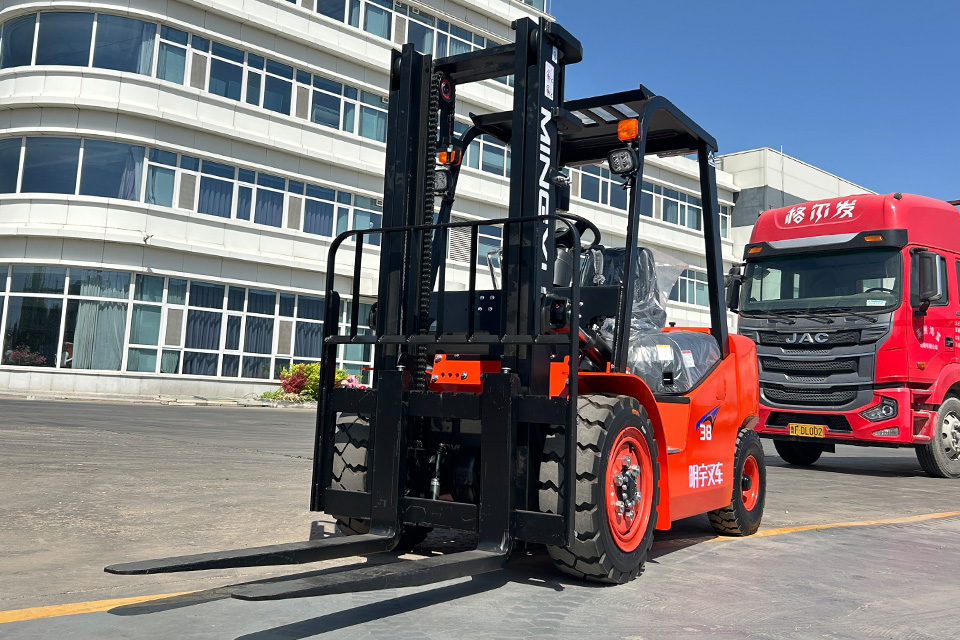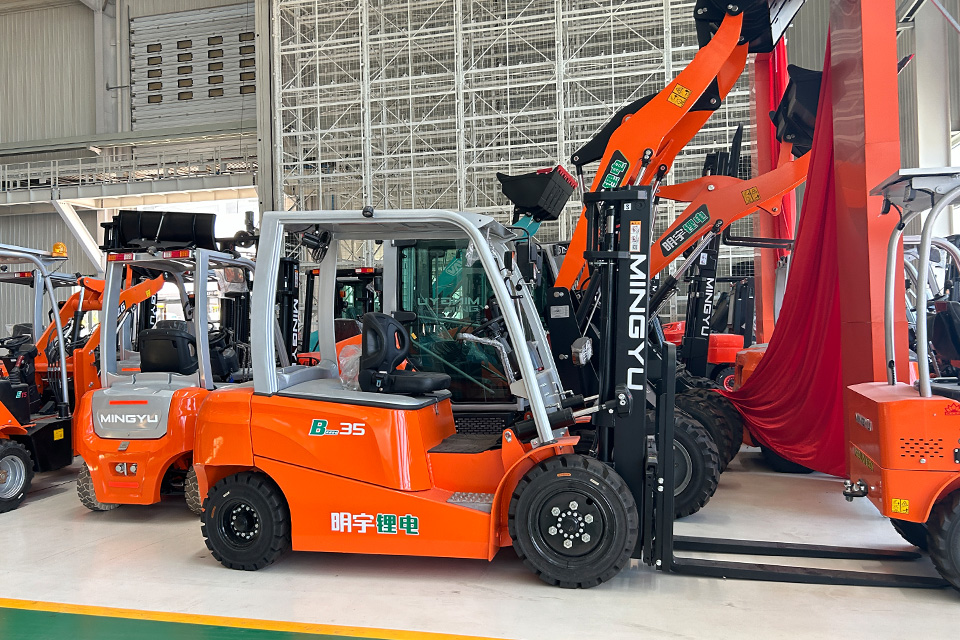
Obtaining a forklift license is an essential step for anyone looking to operate these powerful machines in an industrial or warehouse setting. The process involves training, evaluation, and certification to ensure operators can handle forklifts safely and efficiently. If you're considering getting your forklift license, you're likely wondering how long the process takes from start to finish. This article delves into the factors that influence the duration of forklift certification, typical timeframes for different types of training, and what you can expect during the process.
Understanding the Forklift Certification Process
Before diving into the timeframes, it's important to understand what the forklift certification process entails. According to the Occupational Safety and Health Administration (OSHA), forklift certification must include three components: formal instruction, practical training, and a performance evaluation.
Formal Instruction: This involves classroom learning, which can be conducted in person or online. Topics covered include forklift operation principles, safety regulations, and workplace hazards.
Practical Training: Hands-on training where you learn to operate a forklift under the supervision of a qualified instructor. This includes demonstrations and exercises to practice skills.
Performance Evaluation: An assessment of your ability to operate a forklift safely and competently in the workplace. This evaluation is typically conducted by your employer or a certified trainer.
Factors Influencing the Duration of Forklift Certification
The time it takes to get your forklift license can vary based on several factors:

Experience Level:
Novice Operators: If you have no prior experience operating a forklift, you will need more comprehensive training. Novice courses typically take longer to ensure you gain the necessary knowledge and skills.
Experienced Operators: Those with prior experience may complete the training more quickly, as they already possess basic operational skills.
Type of Forklift:
Different types of forklifts require specific training. For example, a counterbalance forklift, which is the most common type, may have a shorter training duration compared to specialized equipment like rough terrain forklifts.
Training Format:
In-Person Training: Traditional classroom and hands-on training can take anywhere from a few hours to several days, depending on the depth of the course.
Online Training: Online courses can be completed more quickly, often in a matter of hours, but still require an in-person evaluation component.
Training Provider:
Different providers offer varying course lengths. Some may provide intensive one-day programs, while others spread the training over multiple days.
Typical Timeframes for Forklift Certification
In-Person Training Programs
Standard Duration: Most in-person forklift training programs take approximately one to two days to complete. This typically includes 4-8 hours of classroom instruction followed by hands-on training and evaluation.
Novice Training: For individuals with no prior experience, courses can extend to 3-5 days to ensure comprehensive coverage of all necessary topics.
Refresher Courses: Experienced operators who need to renew their certification or update their skills may only require a one-day refresher course.
Online Training Programs
Course Duration: Online forklift certification courses can be completed in as little as 2-2.5 hours for the formal instruction component. However, this must be supplemented with practical training and evaluation.
Total Time: When combined with the hands-on component, the total time to certification is similar to in-person programs, typically one day.
Specific Provider Examples
Conger Industries: Offers a course that takes 4-6 hours including classroom and hands-on training.
ROI Safety Services: States that training for a counterbalance forklift can be completed in one or two days.

National Forklift Foundation: Provides online training that takes approximately 1.5 hours for beginners and 45 minutes for experienced operators, followed by practical training.
Forklift Academy: Mentions that in-person training typically lasts 2-4 hours, while online training is around two hours.
What to Expect During Training
Classroom Instruction
Topics Covered: Safety regulations, forklift components, operational controls, load handling, and workplace hazards.
Duration: Can range from 2-8 hours depending on the program and experience level of participants.
Practical Training
Hands-On Practice: Operating a forklift under supervision, practicing maneuvers such as lifting, lowering, and transporting loads.
Duration: Typically several hours, allowing enough time for trainees to become comfortable with the equipment.
Evaluation
Written Test: Some programs include a written examination to assess knowledge of theoretical concepts.
Practical Assessment: Demonstration of operational skills to ensure competency. This is often the final step before certification is awarded.
Certification Validity and Renewal
Once you receive your forklift certification, it is typically valid for three years. After this period, you will need to undergo recertification, which usually involves a performance evaluation and possibly refresher training.
Conclusion
The time it takes to get your forklift license can range from as little as one day to up to five days, depending on factors such as your experience level, the type of forklift, and the training format. On average, most individuals can expect to complete their certification within one to two days through a combination of classroom learning and hands-on practice. Online courses offer flexibility and can reduce the time spent in a classroom, but practical training remains an essential component. Regardless of the path you choose, obtaining your forklift certification is a worthwhile investment in your safety and career prospects within the industrial sector.
Name: selena
Mobile:+86-13176910558
Tel:+86-0535-2090977
Whatsapp:8613181602336
Email:vip@mingyuforklift.com
Add:Xiaqiu Town, Laizhou, Yantai City, Shandong Province, China